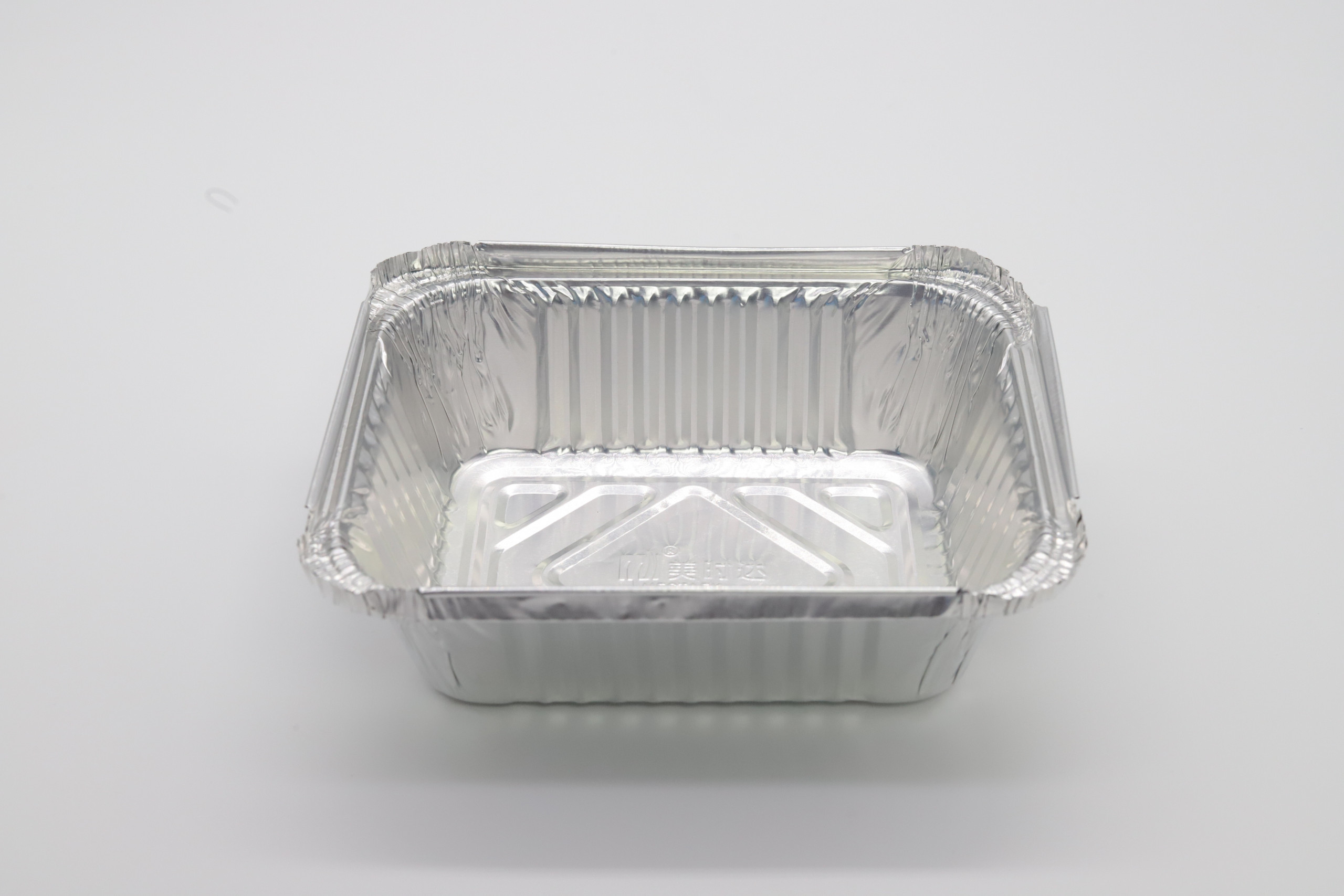If you’re like most people, you probably prefer silver aluminum foil over regular aluminum foil. There are a few reasons for this: silver is reflective, it doesn’t tarnish, and it’s thin enough to be used as a wrapping or packaging material. But why is silver aluminum foil so popular? Here are three reasons: 1) It reflects light well. This makes it great for packaging products that require attention to detail, such as food or cosmetics. 2) It doesn’t tarnish. This is important when you’re packaging products that will be exposed to the elements, like vitamins or herbs. 3) It’s thin enough to be used as a wrapping or packaging material. This means that it can pack more product per square inch than regular aluminum foil. So why not just stick with regular aluminum foil? There are a few reasons: first of all, regular aluminum foil is less reflective than silver aluminum foil. Second, it can tarnish over time. And finally, regular aluminum foil is too thick to be used as a packaging material—it won’t fit into most containers without tearing them apart.

Silver aluminum foil is highly reflective
Silver aluminum foil is highly reflective and can be used for a variety of purposes. It is often used in cooking to help regulate temperatures and it is also often used in photography to help capture light. Silver aluminum foil can also be used as a solar panel because it is so reflective.
Silver aluminum foil does not conduct heat or electricity
When it comes to heat and electricity, silver aluminum foil is a bit of a strange choice. Contrary to popular belief, silver does not conduct either heat or electricity well. In fact, it’s one of the worst metal choices for both purposes.
Silver is lousy at conducting heat because its metal lattice doesn’t allow the atoms to move quickly enough through the material. This makes it poorly suited for use in cooking appliances or other places where you want the food to cook evenly. Additionally, silver aluminum foil also struggles with electricity because it doesn’t have much of an electrical conductor within its surface area.
Instead, silver aluminum foil works better as a reflector, which is why it’s often used in place of traditional mirrors when decorating cakes or cupcakes. By reflecting light back into your eyes, you can avoid getting blinded by all that sugar-packed goodness!
Silver aluminum foil does not tarnish
Silver aluminum foil does not tarnish. This is because silver atoms are smaller than the other elements in aluminum, and they don’t react with each other. Over time, the silver will settle to the bottom of the can, where it will stay protected from oxygen and other elements that can cause tarnishing.
Silver aluminum foil is non-toxic
Silver aluminum foil is often preferred to other types of aluminum foil because it is non-toxic. Silver does not react with food, which can be a safety concern with other types of aluminum foil. Additionally, silver aluminum foil reflects heat better than other types of aluminum foil, which can make it more suitable for certain cooking applications.
Silver aluminum foil is a sustainable material
The popularity of silver aluminum foil as a sustainable material can be attributed to its many environmental benefits. Silver aluminum foil is made from a recycled source, and it doesn’t create waste as other materials do. It also doesn’t corrode, making it a good option for packaging and food storage. Additionally, silver aluminum foil is BPA-free, so it’s safe for food storage.
Conclusion
There are a few reasons why people might prefer silver aluminum foil to other types of foil. First, silver has a higher reflectivity than most other metals, which means it can bounce more light back into the camera than different types of foil. This makes photography and video shooting in low-light conditions much easier, as well as makes it easier to capture detail in dark images or videos. Silver is also very durable and will not corrode over time like some other materials.
If you are like those who prefer silver aluminum foil, Canlids can definitely not let you down.

